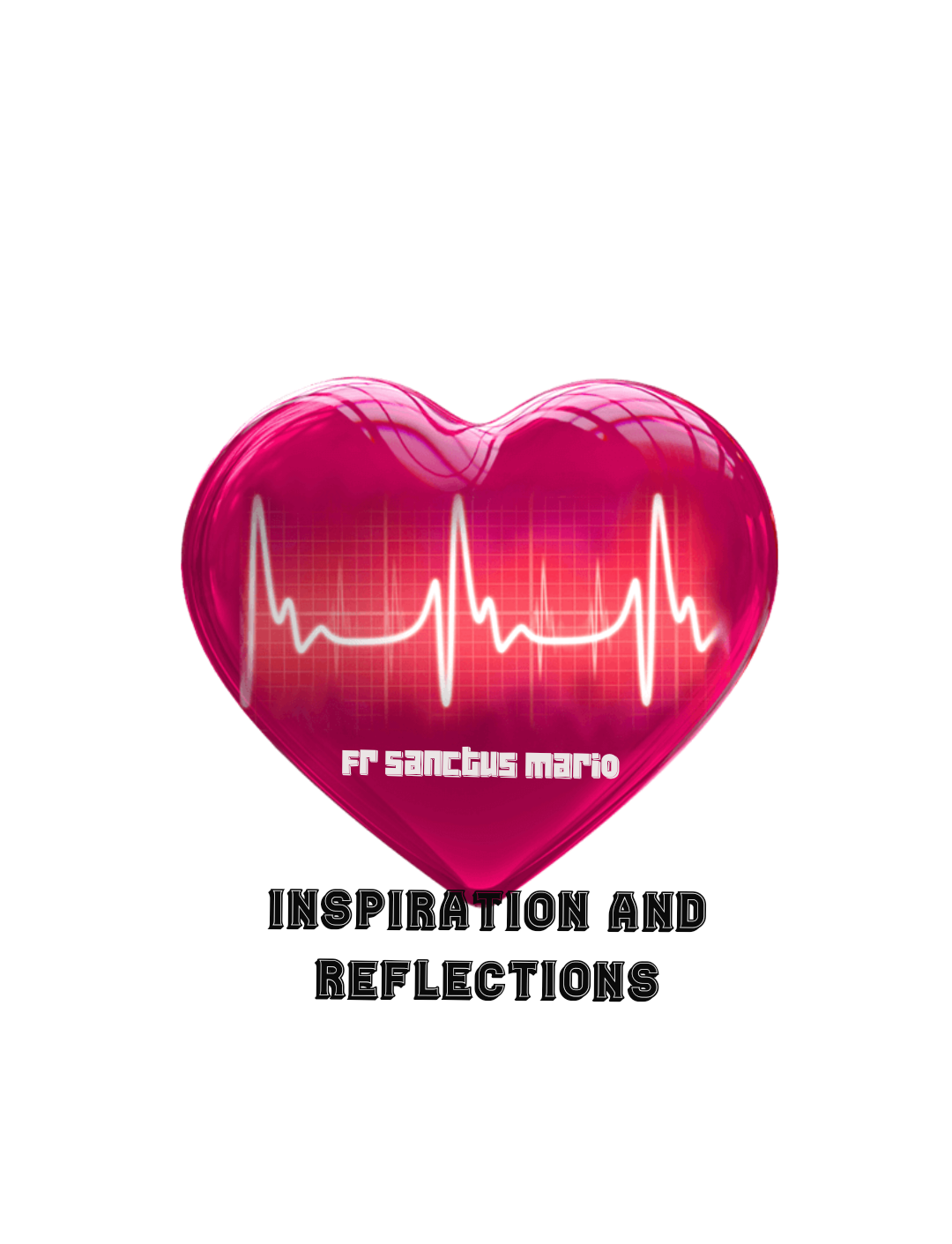ads
c Protestant and the Holy Eucharist
The holy Eucharist is our treasure. It is the greatest of all the Christian Sacrament because in it is Christ manifested both body and soul.
Who then can partake in this Christian Sacrifice? Catholics who are in the state of grace and also believed that what they consume, is the real body and blood of Christ says the Catechism of the Catholic Church.
Scripturally, Saint Paul warning about receiving the Eucharist improperly should give all Christians cause for reflection: “Therefore whoever eats the bread or drinks the cup of the Lord unworthily will have to answer for the body and blood of the Lord.
A person should examine himself, and so eat the bread and drink the cup. For anyone who eats and drinks without discerning the body, eats and drinks judgement on himself” (1 Cor 11:27-29).
In light of this and other scriptural passages, the Church obliges Catholics to make sure they are properly disposed to receive the Eucharist before approaching the altar.
For example, they must not receive Holy Communion in the state of mortal sin (not guilty of any grave sin) and other dispositions necessary as well.
Those who deny that the Eucharist is not truly the Body and Blood of Christ, believing it to be just a symbol, should also refrain from receiving Communion. To use the apostle’s words, they will be eating and drinking “without discerning the body” properly, placing themselves in danger of judgement.
READ MORE
Catholic teaching about working on Sunday
The church teaching on indulgences
Why Do Catholics Have Crucifixes?
Why do Catholics Put Ashes on Their Fore head?
The Catholic Altar Servers;Altar Holiness
sponsored
Why the Church do not allow non-Catholics to partake in the Eucharist
It is indeed true that catholic sometimes approach the altar of some protestant altars during their communion service and receive communion which is out of place.
Before one partake in such an act, it is expected that he or she have agreed to be one with them in Doctrines and teaching but this is not the case with many Catholics who take this step.
The Church believe that the Eucharist is not only our greatest treasure but it is also our Symbol of Unity.
When we receive the Holy Eucharist, it shows that we are on with the church in doctrine, believe and teaching.
This is one reason why Non-Catholics, Protestants in particular, should not partake in the Eucharist in a Catholic church: They typically deny that it is truly Christ’s Body and Blood.
But the church insists that even Protestants who believe what the catholic Church teaches about the Eucharist should not normally approach the Catholic altar for Communion.
The reason for this restriction is suggested by other words from St. Paul:
The cup of blessing that we bless, is it not a participation [or fellowship] in the blood of Christ? The bread that we break, is it not a participation [fellowship] in the body of Christ? Because the loaf of bread is one, though many, for we all partake of the one loaf. [1 Cor 10:16-17]
The Eucharist thus signifies a oneness in faith, life, and worship among those who partake of it. So, reception of the Eucharist by those separated from the Catholic Church is in a sense dishonest. It implies a unity that does not yet exist.
Are there Exception to this rule?
Indeed a few exceptions are allowed for pastoral reasons in extraordinary situations the Catechism of the Catholic Church paragraph 1401, which says thus:
When, in the Ordinary’s judgment, a grave necessity arises, Catholic ministers may give the sacraments of Eucharist, Penance, and Anointing of the Sick to other Christians not in full communion with the Catholic Church, who ask for them of their own will, provided they give evidence of holding the Catholic faith regarding these sacraments and possess the required dispositions.
In the meantime, the church urges us to pray fervently that all Christians might finally “attain to the unity of faith and knowledge of the Son of God” (Eph 4:13).
May God bless you dearest and grant your more Wisdom everyday of your life. Happy Trinity Sunday.
sponsored




Wonderful write-up by you Father.
More energy to your elbow 🙏🙏
Amen, remain blessed Bro.
Amen! Happy Solemnity of the Most Holy Trinity
Indeed Holy Eucharist is our symbol of UNITY thank you so much For Sanctus Mario
Amen. Wishing you same